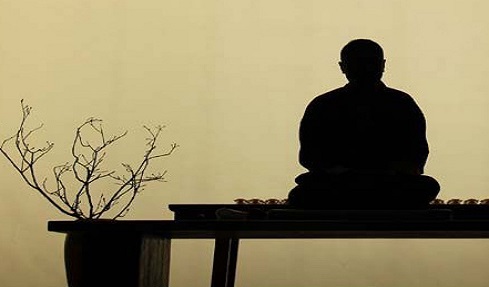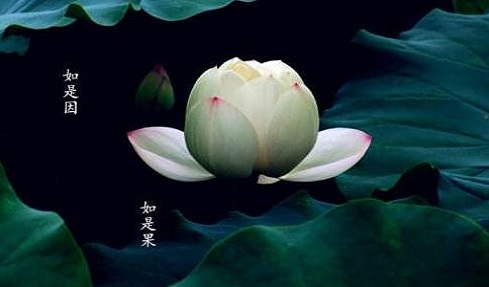The existence of ignorance leads to various attachments, such as attachment to the outer world, our own bodies, fame, wealth, and so forth. When our desires are not fulfilled, we experience afflictions and suffering. To satisfy their desires, people even kill, steal, commit sexual misconduct, lie, or commit other misdeeds. All non-virtue arises from attachment, while attachment itself originates from ignorance.
~ Luminous Wisdom Book Series 10











